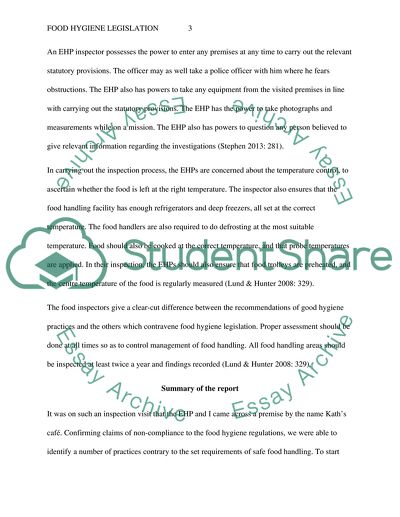Cite this document
(“Food Handling and Unethical Business Practices Coursework”, n.d.)
Food Handling and Unethical Business Practices Coursework. Retrieved from https://studentshare.org/law/1850612-food-hygiene-legislation
Food Handling and Unethical Business Practices Coursework. Retrieved from https://studentshare.org/law/1850612-food-hygiene-legislation
(Food Handling and Unethical Business Practices Coursework)
Food Handling and Unethical Business Practices Coursework. https://studentshare.org/law/1850612-food-hygiene-legislation.
Food Handling and Unethical Business Practices Coursework. https://studentshare.org/law/1850612-food-hygiene-legislation.
“Food Handling and Unethical Business Practices Coursework”, n.d. https://studentshare.org/law/1850612-food-hygiene-legislation.


